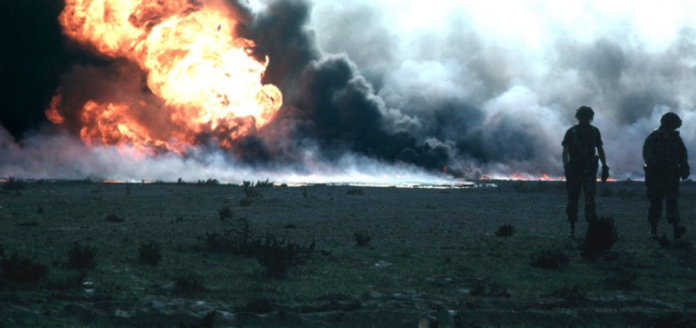Rome (NEV), November 9, 2019 – The Globalization and Environment Commission (GLAM) of the Federation of Protestant Churches in Italy (FCEI) took the floor on the November 6, International United Nations Day established in 2001 for the prevention of the exploitation of the environment in situations of war and armed conflict.
Teresa Isenburg, member of GLAM, drew up a document that explains in depth the relationship between wars and the environment, while Antonella Visintin (GLAM coordinator) proposed her own biblical inspiration starting from the story of Lamec and the problem of the existence of evil in the world (Genesis 4, 18-24).
The Glam also expressed itself in a reflection on the commitments of the Synod for the Amazon region:
“In the land where the liberation theology produced significant fruits, a program is launched addressed to everyone and which can be used by those who at this moment defend a strategic environmental framework for biodiversity and climate balance”. Thus the Globalization and Environment Commission (GLAM) of the Federation of Protestant Churches in Italy (FCEI) on the final document of the Synod for the Amazon region which took place in Rome (Vatican), last month of October. GLAM in the document pays particular attention to the missionary church that “is called to personal and community conversion towards a harmonious relationship with the creative work of God and in which the conversion to Jesus Christ for the recovery of the Amazon region from its peripheral condition moves on different levels: pastoral, cultural, ecological and synodal”.
November 6. A “book of dreams” to save the environment from war and conflict
Contaminants left by weapons and bombings in the lands, in the seas, in the aquifers, in the air and in the bodies; war wrecks; devastation; armed conflict for the control of resources. These are some of the topics raised by the FCEI Globalization and Environment Commission on November 6, UN International Day for Preventing the Exploitation of the Environment in War and Armed Conflict





























